If the United Nations is truly a symbolic representation of world peace, then I am worried.
I visited the United Nations Headquarters in New York City this summer with a group of journalists from the New York Times. I expected to see a modern building in which new progressive ideas flowed freely, but the outdated building on West 45th gives the entire institution an aged appeal. Is this what peace looks like?
Founded after World War II in 1945, the UN created a space for countries to speak freely as equals. It indirectly replaced the League of Nations, a similar organization proposed in Woodrow Wilson’s Fourteen Points plan that lacked traction (mostly because the United States never joined).
77 years later, the UN has made numerous accomplishments and still enjoys popular public support. However, on my visit, the UN with its dreary, aging facilities was not what I expected, and I couldn’t help but question the advantages of holding this institution to such a high standard.
To be fair, their 17 Goals of Sustainable Development are somewhat inspiring. They include the elimination of poverty and hunger, and the achievement of gender equality all by the year 2030. The “action counter” on their website that keeps track of progress can be encouraging, but I highly doubt any of these ideals will ever be reached on a global scale. Unsurprisingly, money is part of the problem.
The United Nations has received such minimal funding from global hegemonies that the world’s most important symbol of universal peace has been allowed to deteriorate, literally and figuratively. However, the ideas the organization presents are still noble and might even be achieved given the proper funding.
To be sure, the UN has many effective subcommittees like UNICEF (United Nations Children’s Fund) that have made some advancements in humanitarian fields. Their ICF (Impact Catalyst Fund) has shown improving data in combatting illegal child marriage in developing member nations.
However, this committee only has access to $471 million of the UN yearly budget. And while this may sound like plenty, to complete the ambitious goals of ending child hunger and poverty on a global scale, it is not nearly enough.
Another problem is that the UN budget is composed of assessed payments (those member nations are required to make) and voluntary or optional contributions. Funding for humanitarian committees like the UN Children’s Fund (UNICEF) do not have assessed funding, but depend entirely on voluntary contributions.
If the UN wants to fulfill their utopian promises, they should include humanitarian aid in their assessed budget so that member nations are required to contribute.
By allowing humanitarian committees to receive assessed funding, the UN will elevate humanitarian concerns to the level of diplomatic ones, which is part of what makes the organization unique to other alliances like NATO that mainly concern themselves with political and military matters. It’s not just about peace treaties for the UN; it’s about keeping the peace.
But money and outdated architecture is not the only problem. Alarmingly, the UN seems almost entirely powerless to help in the face of the world’s most appalling atrocities.
Currently, we have watched as the UN does almost nothing for Ukraine in their battle against Russia apart from providing a toothless verbal condemnation of the war.
When I was in New York, I asked an intern from the peacekeeping team in the Department of Sustainable Development why the UN could not intervene. He simply said that the UN really has no way to keep nations at bay militarily except through shallow agreements.
Even as Russia rages a violent and merciless attack on Ukraine, it is still permitted member status. In fact, it remains a permanent member of the Security Council, the most important subcommittee of the UN, and has vetoed all efforts to aid Ukraine. Ukrainian President Volodymyr Zelensky and others have called Russia’s permanent membership into question.
Pleading with member nations for assistance in the war, Zelensky spoke to CNN about the Security Council veto.
“We are dealing with a state that turns the right of veto in the UN Security Council into a right to die,” he said. “The next option would be to dissolve yourself altogether. And I know you can admit that if there is nothing you can do besides conversation.”
Walking through the halls of diplomacy, I understood Zelensky’s frustration with the UN, but I could not help feeling motivated to fix global problems despite the administrative flaws.
Although occasionally ineffective, the United Nations remains crucial to global peace and humanitarianism. A collection of nations tied together for amity does send a strong historical precedent as a developing civilization that aims to prioritize peace.
Among the decades old matted carpets and creased leather seats, hope still prevails; it just needs to adapt to the modern era.


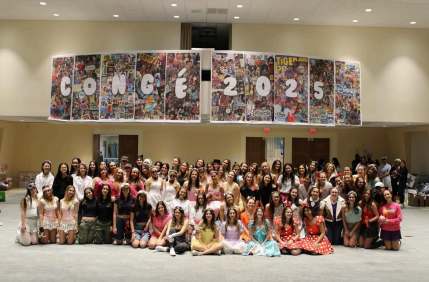
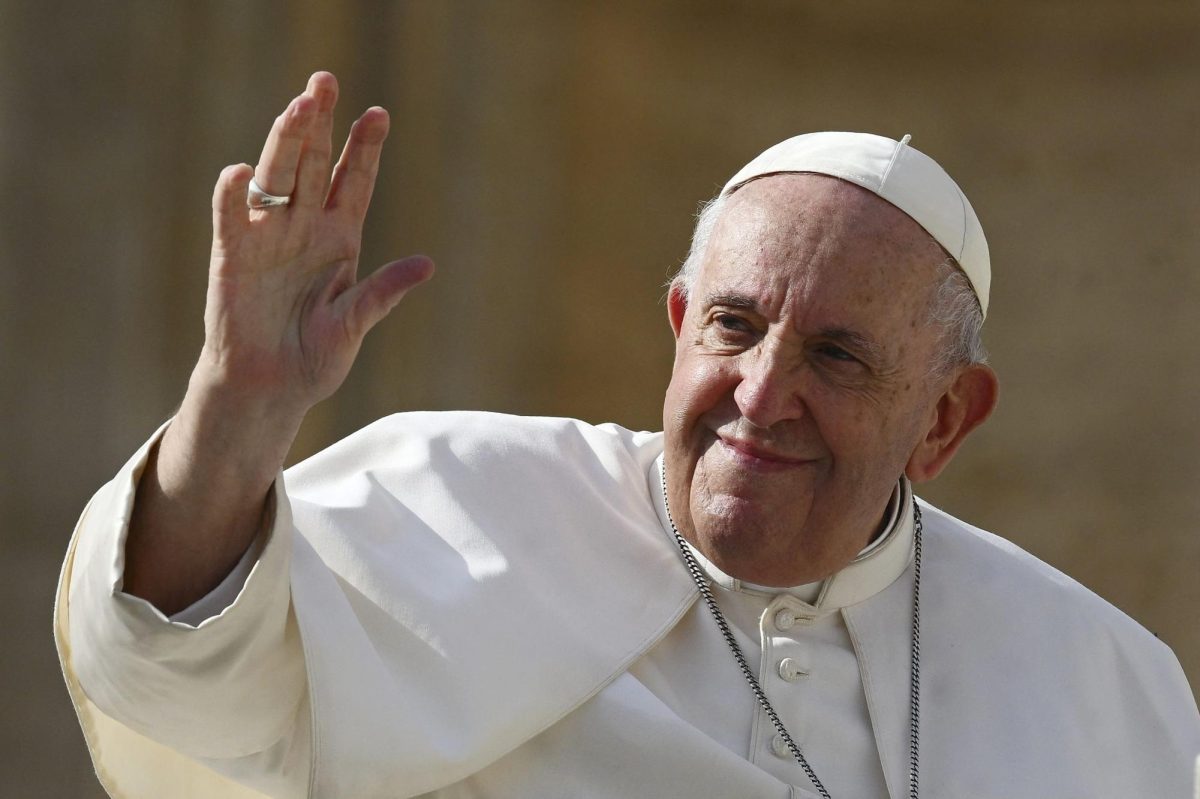




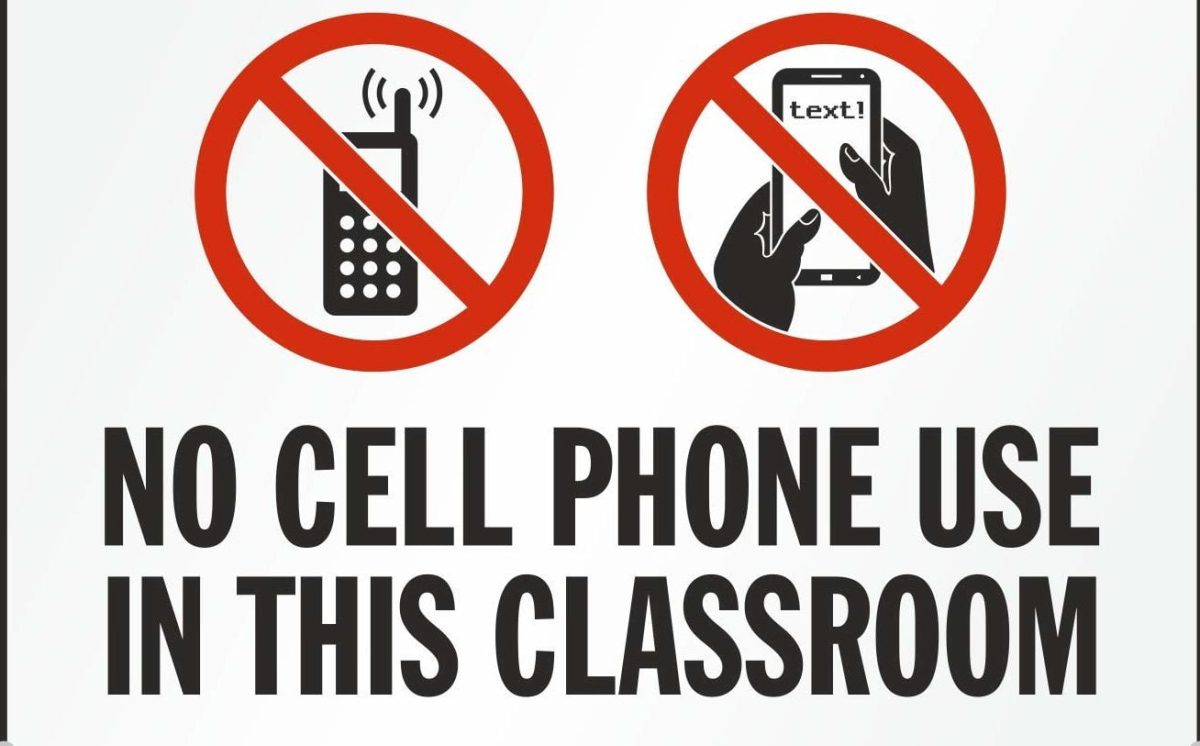
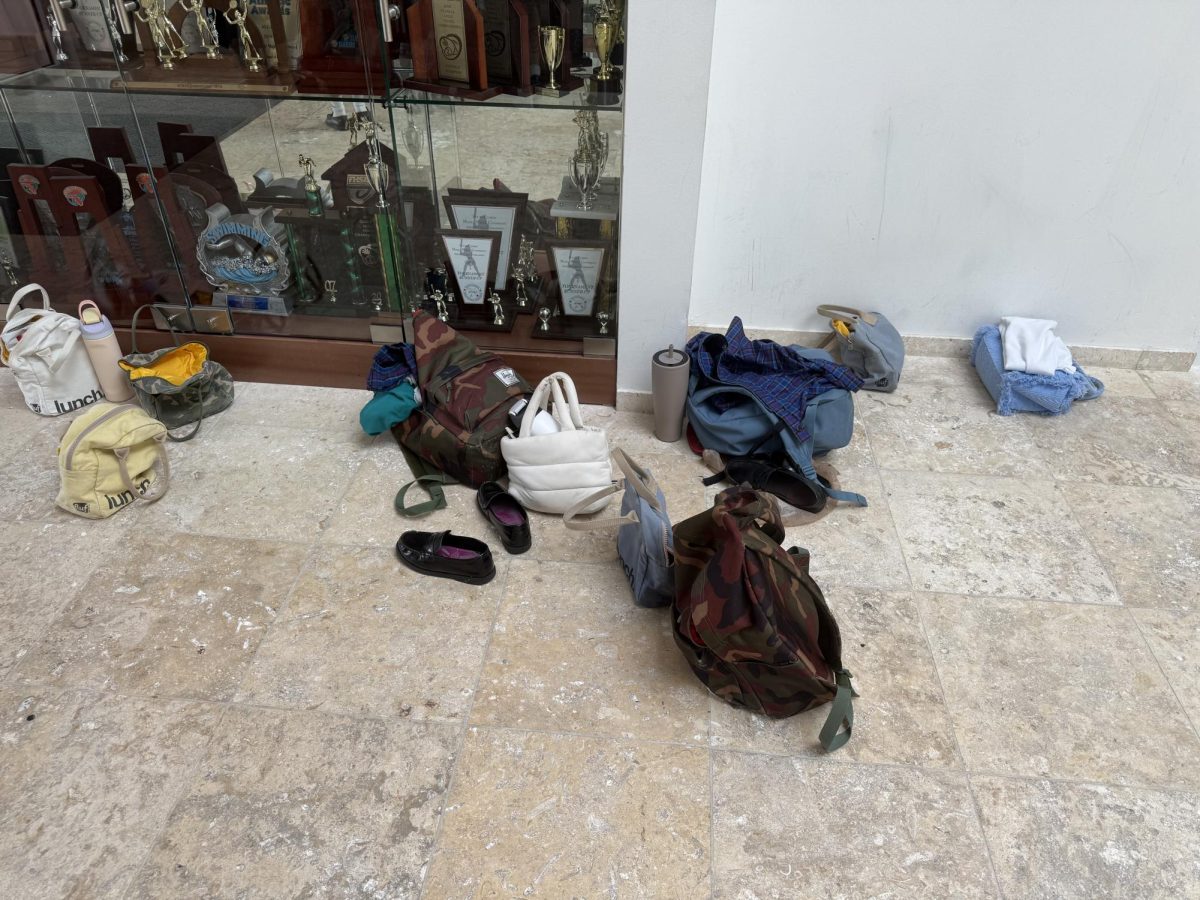


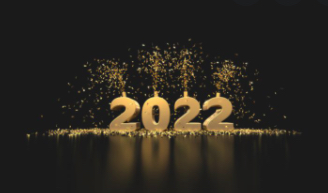




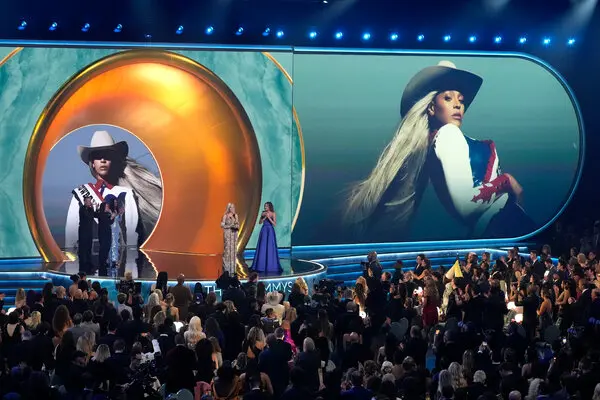

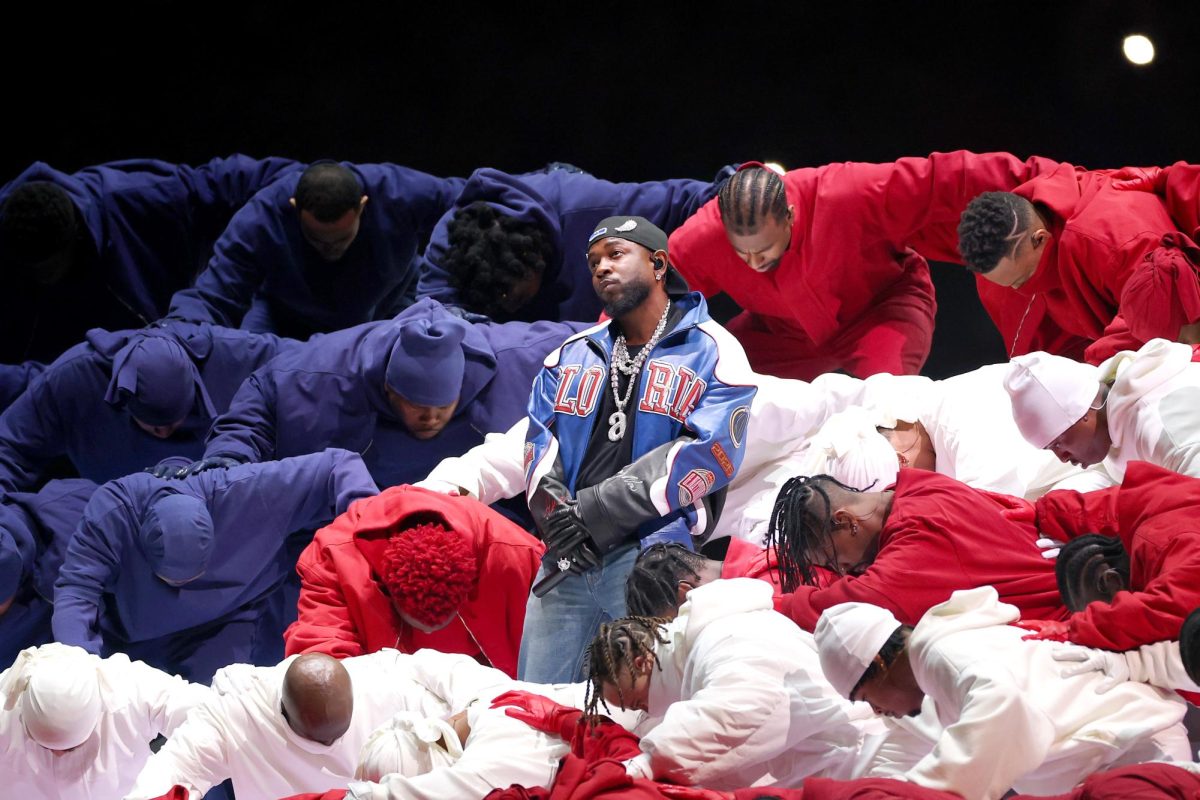

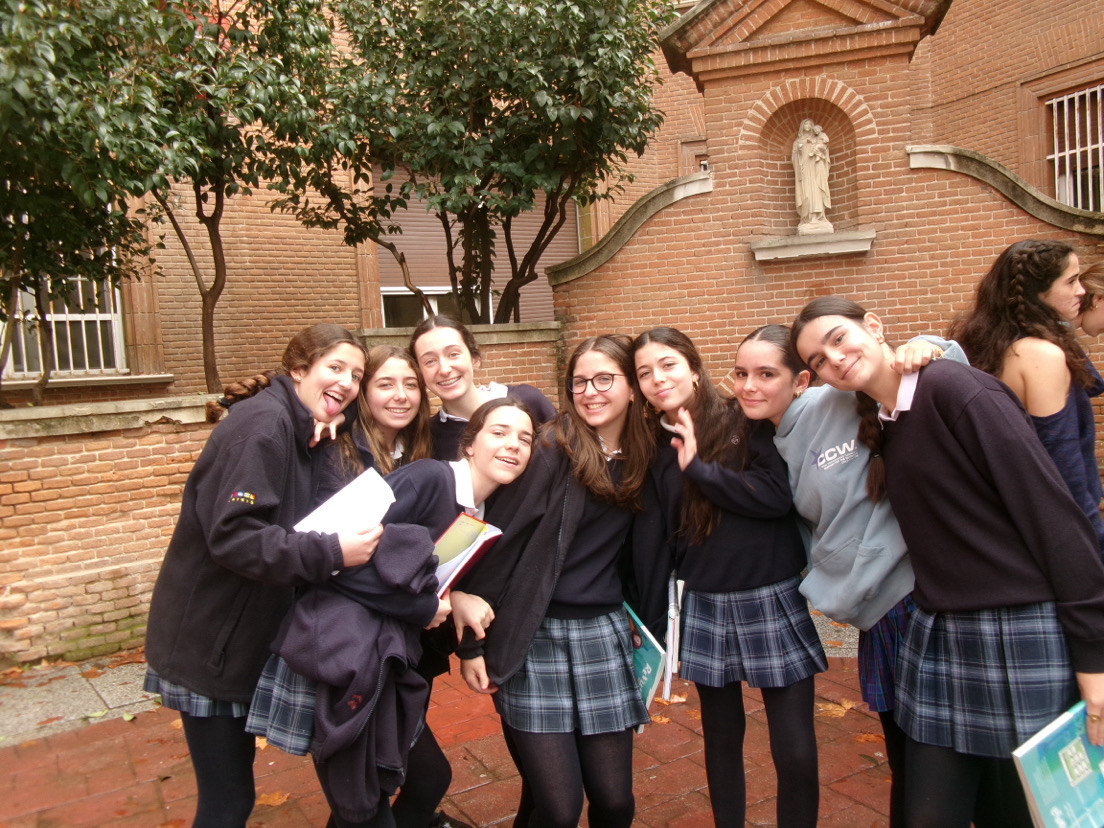




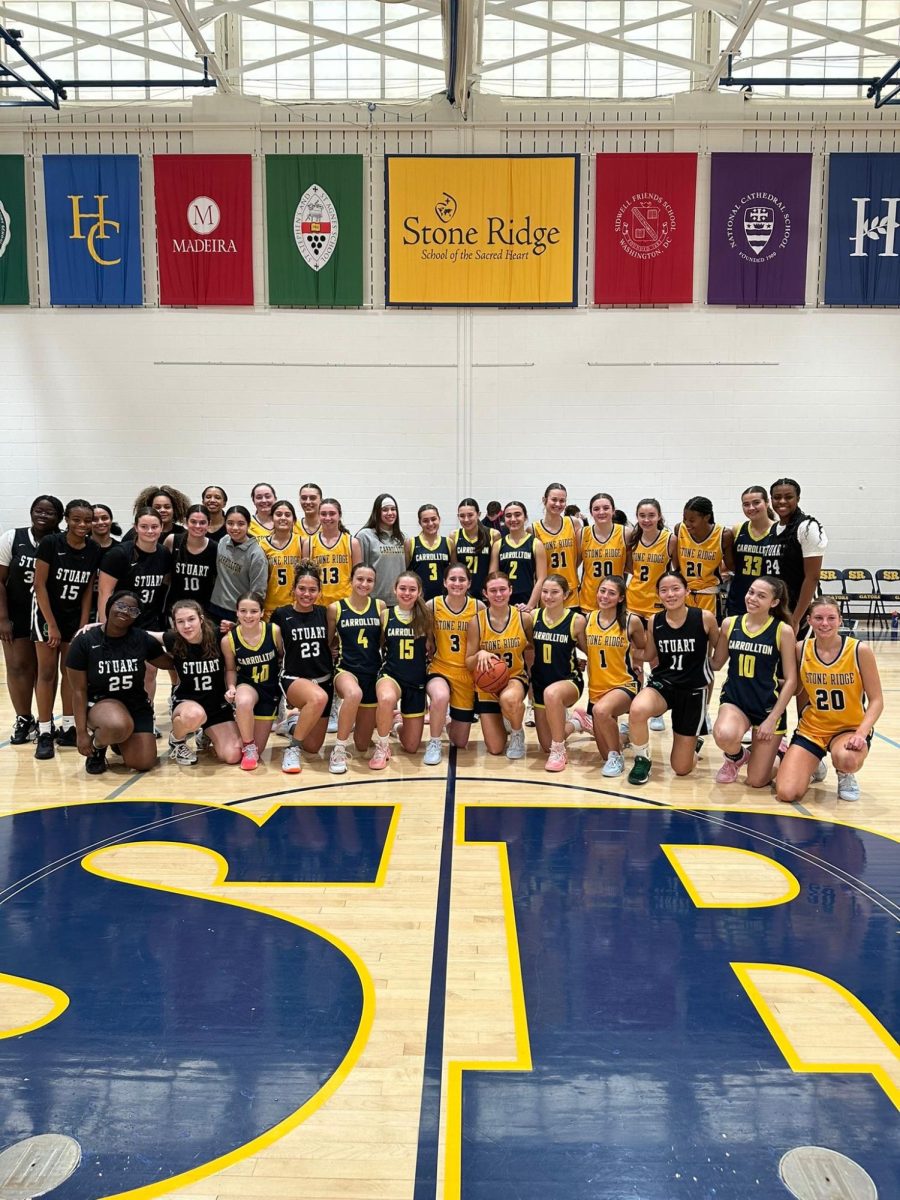

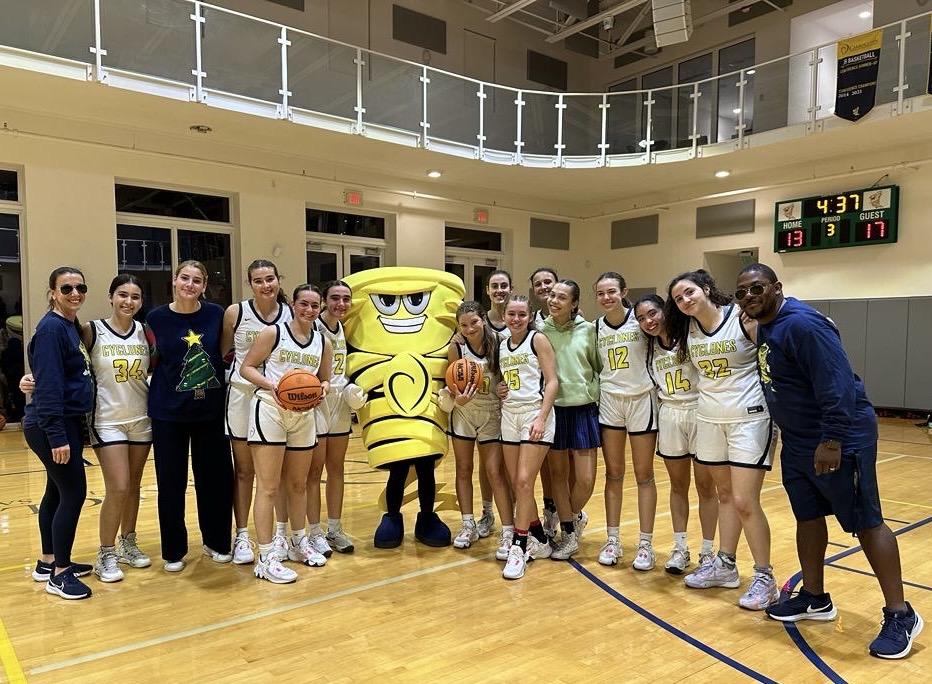

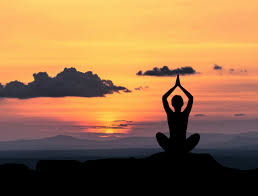
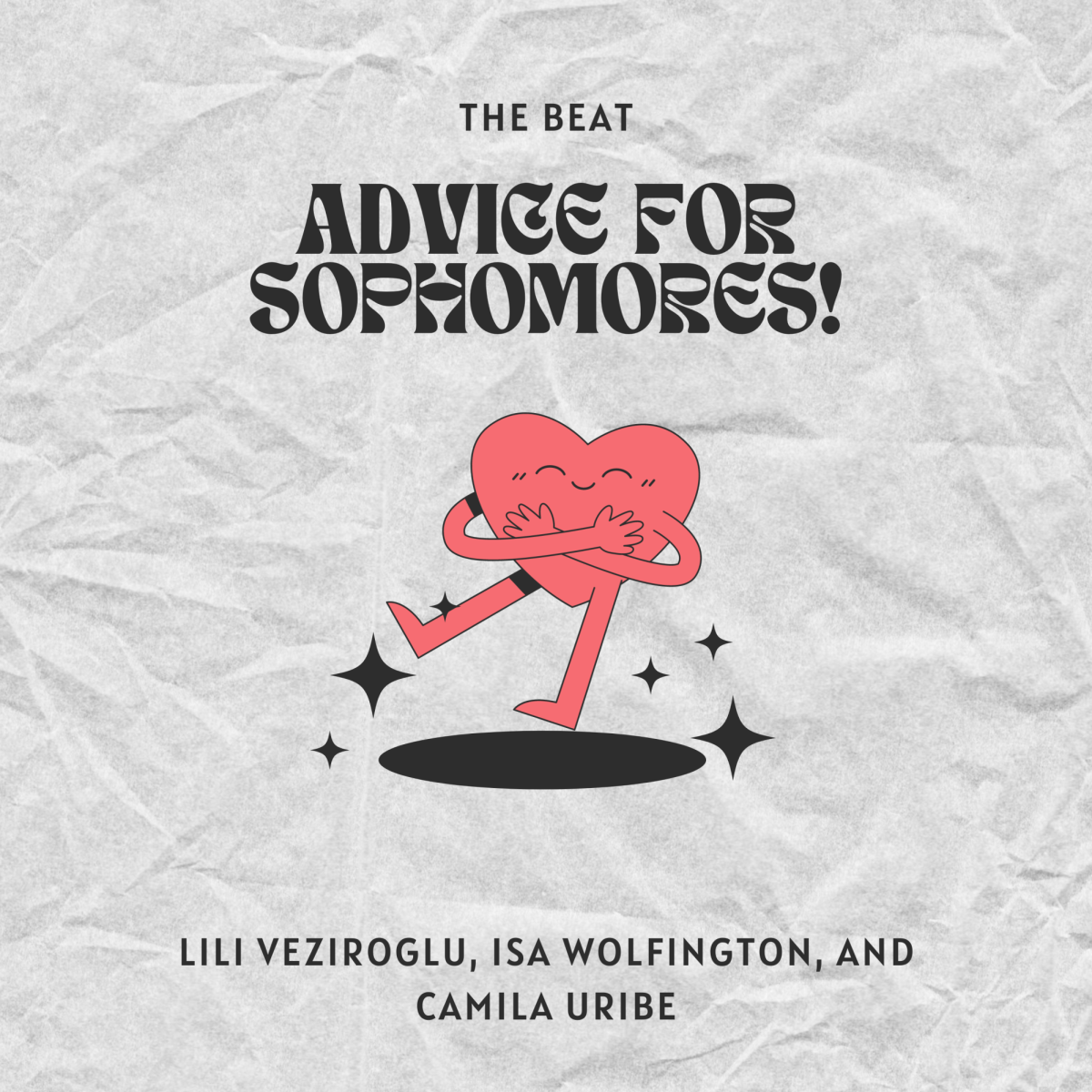




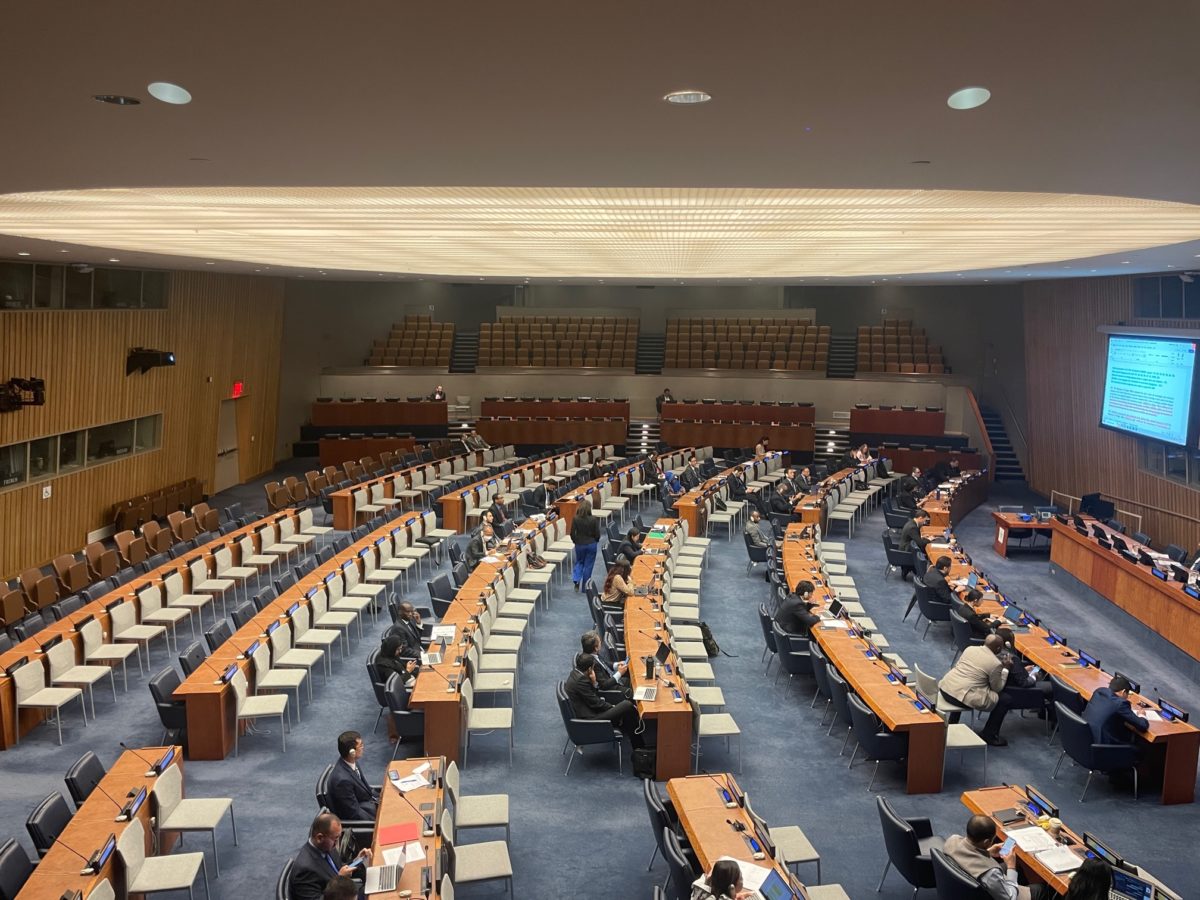
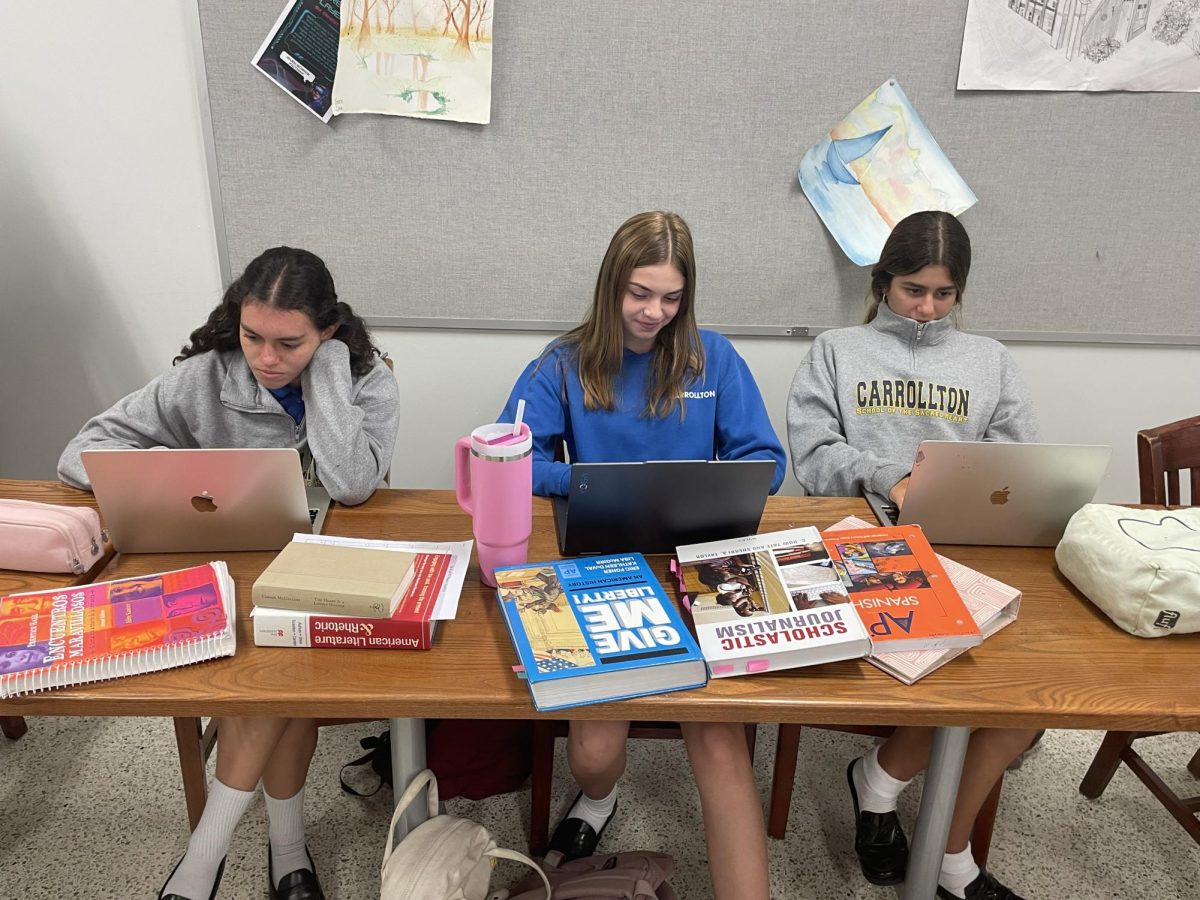

Carmen Algeciras • Oct 16, 2023 at 1:05 pm
Great piece, but I am far less optimistic. When a global body elects Iran as head of women’s rights, and Cuba to the human rights council time and time again you have to wonder how this effort will ever be credible.
Paola Consuegra • Oct 6, 2023 at 7:47 pm
Sofia, an excellent thought provoking piece!
Elisa Ferguson • Sep 14, 2023 at 1:13 pm
Sofia, this is a thoughtful, well-articulated piece, which raises many challenging questions. I am glad you had that experience and could share your reflections with us.
Claudia Franklin • Sep 12, 2023 at 2:19 pm
Sofia! Journalism! Yay!
You point out the hopes in the vision for the UN and the reality of how little $ and power it has. And the building–which you saw first hand. It says it all.
I will return to The Beat soon. Thank you for writing this thoughtful piece, Sofia.
Natalie Astigarraga • Sep 12, 2023 at 1:37 pm
A remarkable, eye-opening piece! I look forward to visiting the UN again in the near future – hopefully, significant gains have been made in the time spanning your visit and my own. Many thanks for this op-ed.